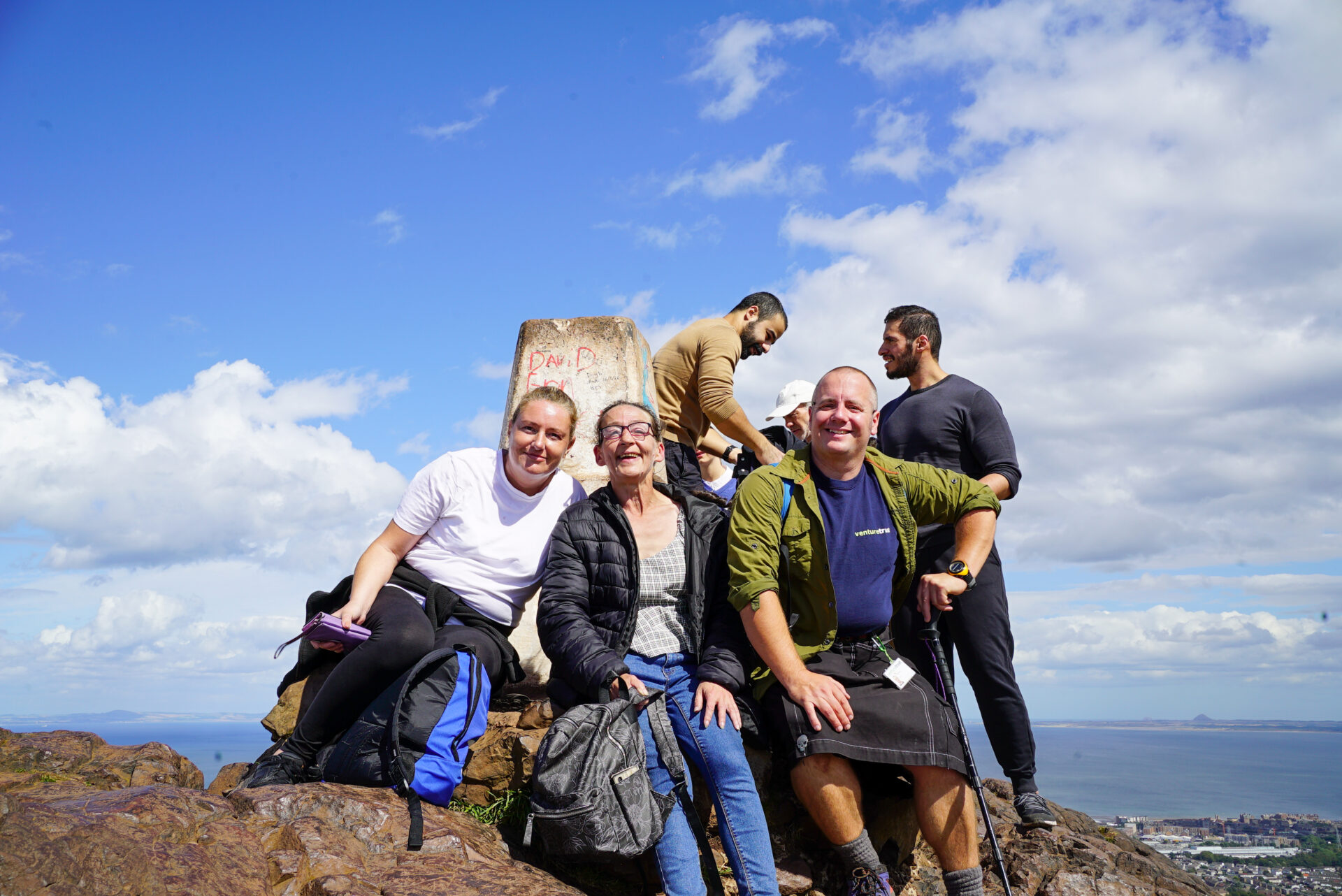
Digital services are the only services now
People who needed help from local services, charities and the public sector have been cut off from that help by lockdown. Regular meetings with social workers, addiction counsellors, mentors and community workers can no longer take place in person. Phone calls, video chats and text messages have replaced meeting face-to-face. For those who can use these lifelines, help is still available. But for too many people, the capacity to reach that help is throttled by data poverty. Giving people the kit, data capacity and skills to reach these services is vital to ensure they can get the help they need.
Like many charities and service providers, Venture Trust has moved from in person support to contacting our participants digitally. That’s brought technical challenges and requires us to embrace new ways of working. That’s to be expected, and we are continuing to adapt. But a service is only as good as it is accessible. Being cut-off is no good in a crisis.
Data poverty isolates those who need the most help
One in eight of our participants don’t have the hardware to connect – that’s no smartphone, no computer, no tablet. Even if you have the hardware, that doesn’t guarantee internet access – over half of the people we work with don’t have access to Wi-Fi, 38% only have limited data plans and 27% – over 1 in 4 – don’t have any access to data at all. Even a simple phone call can be out of reach for some. Close to half, (44%) of our participants eke out Pay As You Go minutes while 25% did not have any available minutes to make calls when our staff got in touch with them.
Without the hardware or data access to get online, or even just the wherewithal to make a phone call, people are cut off from services just as they need them most. Data poverty was already holding people back in the pre-Covid19 world. Now that data access is a necessity to engage with the rest of the world, people in poverty are at severe risk of being cut-off from the support and the relationships they need to survive lockdown.
Scotland can keep people connected
There is an immediate need to alleviate data poverty. Thanks to our funders, we have been able to give out data poverty grants to 48 people supporting them to get the equipment or data they need to stay in touch with us, with other support services and with their friends and family. We also work with charities like PeopleKnowHow, who give people the hardware they need to get online. But we’re a small charity and this is a drop in the ocean. There is a great deal more to do and it will need a concerted effort by the third sector, the public sector and the private sector to get it done. The ConnectingScotland programme is doing good work making sure those who are at clinically high-risk are able to get online and reach services. This is vital work, but does not address those who, while not at high-risk directly from the virus, are suffering from the effects of lockdown itself – cut off from vital services like addiction counselling, social work or benefits advice. Disruption from these services can be a severe setback in people’s progress towards putting their past behind them and reaching their full potential.






